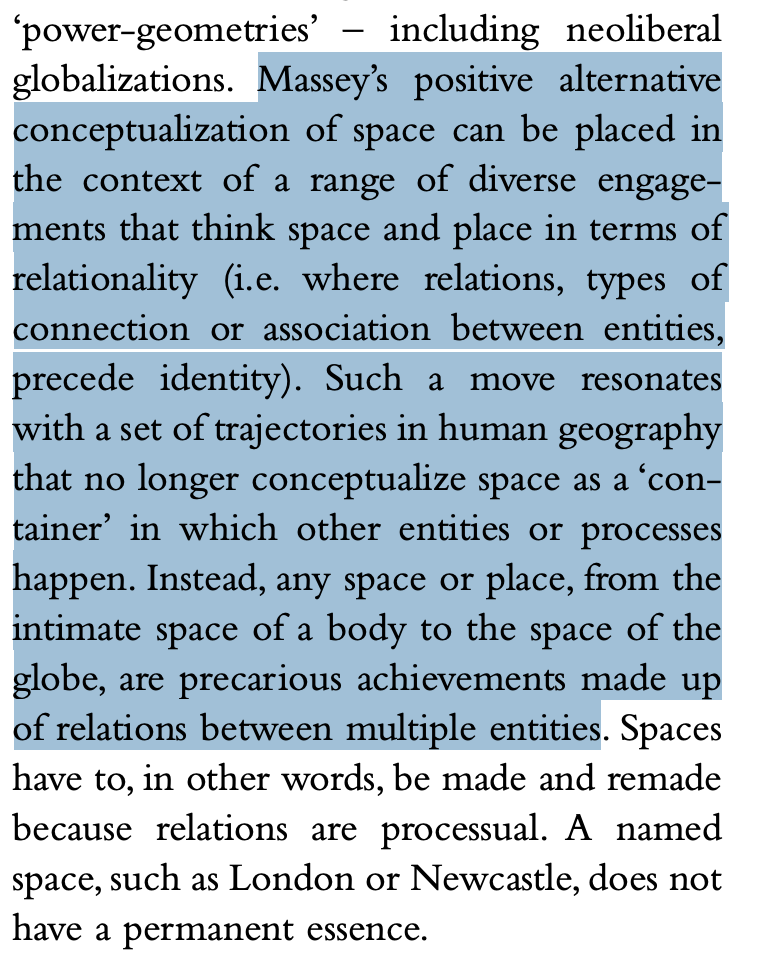
If you haven’t read the first part of this blog post, please hang a right and click on this link: Part 1: Metablogging.
Ok, now that you’re caught up on my ramblings, we can get to the main purpose of this blogpost. Texas. No, I’m not talking about my aptly titled cult-classic blog post from 2014, "Good Pictures from Texas," though you might want to check that out.
As you can probably surmise, the last six months represent an enormous transition in my life. I have moved from the East Coast to the People’s Republic of Austin. The earth beneath me no longer contains seams of granite, but pockets of oil.
To be completely honest, this transition has gone perfectly fine, fantastically even, in an academic sense, financial, and logistical sense. In particular, the academics at the University of Texas have been nothing less than edifying. I have learned so much about the field of education research in the last six months. A summary of my new knowledge could probably fill a couple of books, or at least a Wikipedia article or two.
My academic relationship with the field of education has been irrevocably altered by my move to UT. I no longer feel like a cognitive scientist (can I call myself that?), who dabbles in education, but as a bonafide education researcher, who is also a cognitive scientist. Obviously, this year represents the mere beginning of my graduate education. I still have a lot to learn.
Most strikingly, I now realize that the heavy cognitive slant of my undergraduate psychology education deprived me of a more holistic understanding of the educational psychology field as a whole. This deprivation is partly due to a bevy of issues surrounding the administration of the education department at Dartmouth, but that’s a topic for another post and another time.
I knew that the social psychology side of education existed, but my understanding of what these researchers studied was limited to the articles I found on twitter – and the twitter psychology community tends to not be the most positive place to learn about psychology to put it mildly.
Although the title of this blog post namechecks metacognition, one of my primary areas of research, this post is not primarily concerned with the academic transition from undergrad to graduate school.
I increasingly find that it’s not so much that the changes to my physical or academic space defines this period of transition. Rather, the most salient aspect of this move come results from the mass upheaval of my tight-knit college social network. I rarely find myself missing the mountains of New Hampshire, the cold winter air, or the Lebanon Walmart. I do, however, find myself missing the laughter of friends, the ritualistic way in which I would fall onto the blue fireproof couches in Alpha Theta’s SLR (southern living room) after a long day of class, and the inclusive, quirky, and downright weird community that had come to define my time at college. I miss the never-ending nights of Smash Brothers, the hackneyed house meetings, and the conversations about nonsensical counterfactuals, which taught me more than the homework I was avoiding when partaking in them.
Oddly enough, it is the very content of my old homework that has helped me come to terms with the massive upheaval in my social sense of place. In particular, I find my background in geography has afforded me the context necessary to understand why I occasionally feel so out of place, even when I love the physical space that Austin represents.
As the late Doreen Massey – one of the eminent cultural geographers of our time – argues, place should be defined “not so much [as] bounded areas [but] as open and porous networks of social relations” (Space, Place, and Gender, 1994, p. 121).

Using this definition, we can see how easily a singular geographical location means something different to each person that inhabits it, and also that the formation of place does not require a shared geographical location. Seeing as I still stay in close contact with many of my friends from college, one might argue I still exist in this place. It’s just that the flexibility and porosity of this place has increased upon graduation.
And that’s ok.